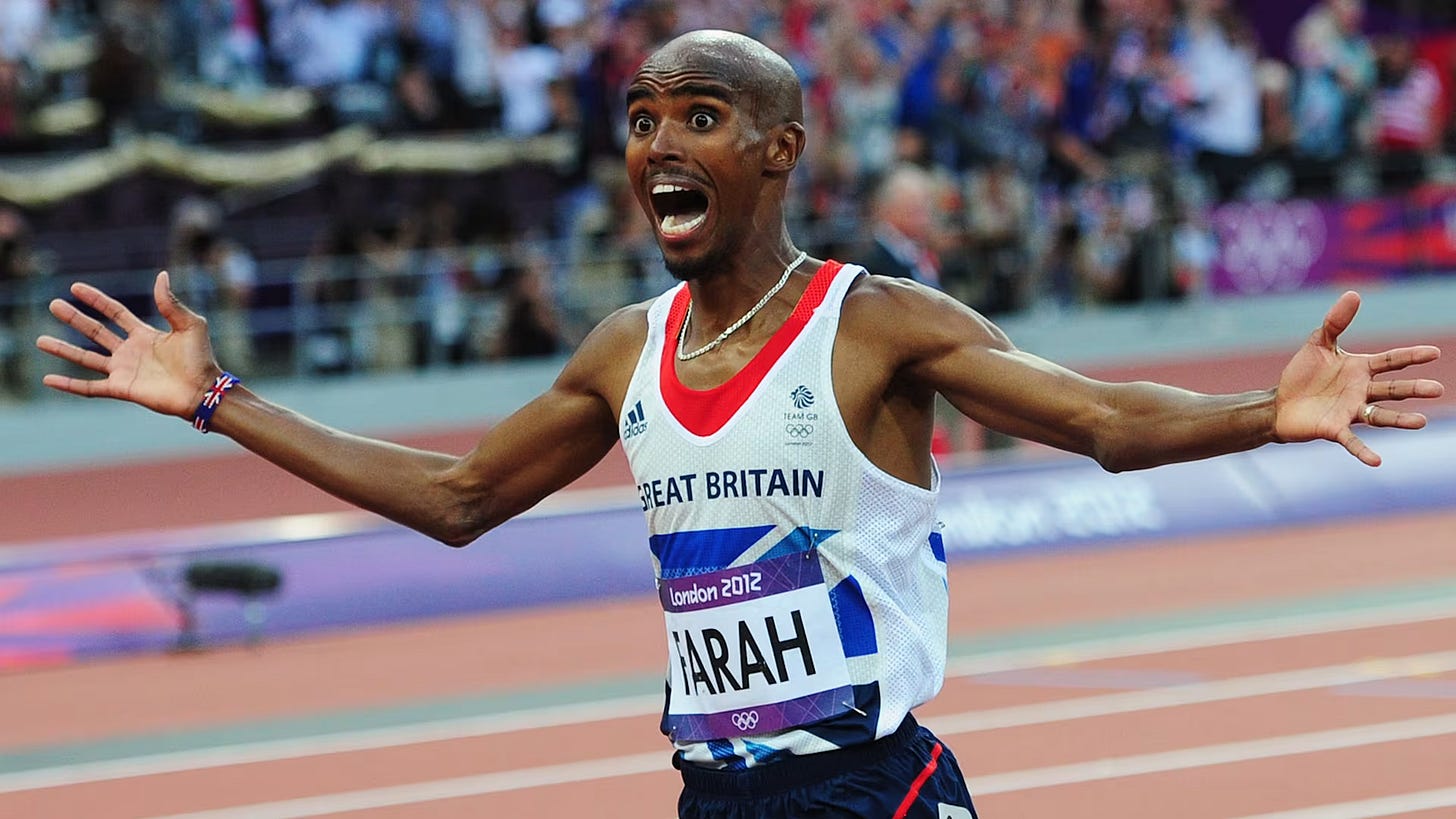Stories are built to last
Information might be important but stories remain relevant throughout the ages
Joseph Campbell, the author and editor, once wrote “People forget facts but they remember stories.”
This is because stories - which deal with the human condition - capture our attention more effectively than facts which serve to simply supply information (which most of the time is pretty dry) which are used and then disposed of. I have tested this theory many times and never failed to arrive at the same conclusion. Let me give you a simple example, right here.
On Saturday 4 August, 2012, a group of 29 runners lined up for the start of the Olympic 10,000m final in London. The at the end of the race, in which 26 finished, the following athletes had taken the podium positions:
Gold medal - Mo Farah of Team GB in 27:30.42
Silver medal - Galen Rupp from Team USA in 27:30.90
Bronze medal - Tariku Bekele from Ethiopia in 27:31.43
So much, so factual.
But if I told you about the drama of the night (I was actually there) then I would not talk about the statistics. I would talk about the deafening roar of the 80,000 strong crowd, already delirious from having watched Jessica Ennis (as she was then) secure Gold in the heptathlon and Greg Rutherford also nab a Gold medal in the long jump. I would tell you that I had never thought I would see an entire stadium of people on their feet for the whole 25 laps of a race. I would talk about the collective gasp that rippled around the stadium as Moses Kipsiro tripped, scattering the field, thankfully not taking out any of the leading contenders. I would describe how the noise in the stadium steadily increased as the leading pack of a dozen of the best distance athletes in the world jostled for position, barely inches apart, bumping elbows and trying desperately to not trip over the feet of the runners around them. How, with only 400m of the race left, Farah seemed to lengthen his loping stride, opening up the slimmest of gaps between him and Bedan Muchiri of Kenya, who was followed by Tariku Bekele and Galen Rupp. How the gap increased inch by inch as the roar of the crowd grew louder and louder. How Muchiri faded and Farah pulled away from Bekele - who having seemingly spent his final reserves of energy - was himself passed by Rupp. How in the home straight, Farah inexorably upped his pace and expanded his lead, crossing the finish line with his arms spread wide, bathed in the thunderous barrage of noise that had reached a barely believable crescendo.
Information is important. It helps us make decisions. Data guides us in the short term. But stories create our world view. Stories are how we make sense of our lives. They are how we remember or celebrate important moments. How we emphasise dangers.
In his book The Science of Storytelling: Why Stories Make Us Human and How to Tell Them Better Will Storr explains the mechanism behind why we are so attracted to stories: “So our mystery is solved. We’ve discovered where a story begins: with a moment of unexpected change, or with the opening of an information gap, or likely both.”
A story captures us because it takes us from an incomplete understanding to a resolved one (even if factually the resolution is not real). Knowing that Mo Farah won the 10,000m final at the London Olympic Games is just a fact. There is no emotion, no sense of peril, no colour, no sound, no noise. No context. But the story of that race is full of all the engaging elements missing in the data. Which is what we crave. That is why Like the Wind has always been - and will always be - 100% dedicated to telling stories. And that is a fact.
Simon Freeman
Co-founder and editor
Like the Wind magazine



